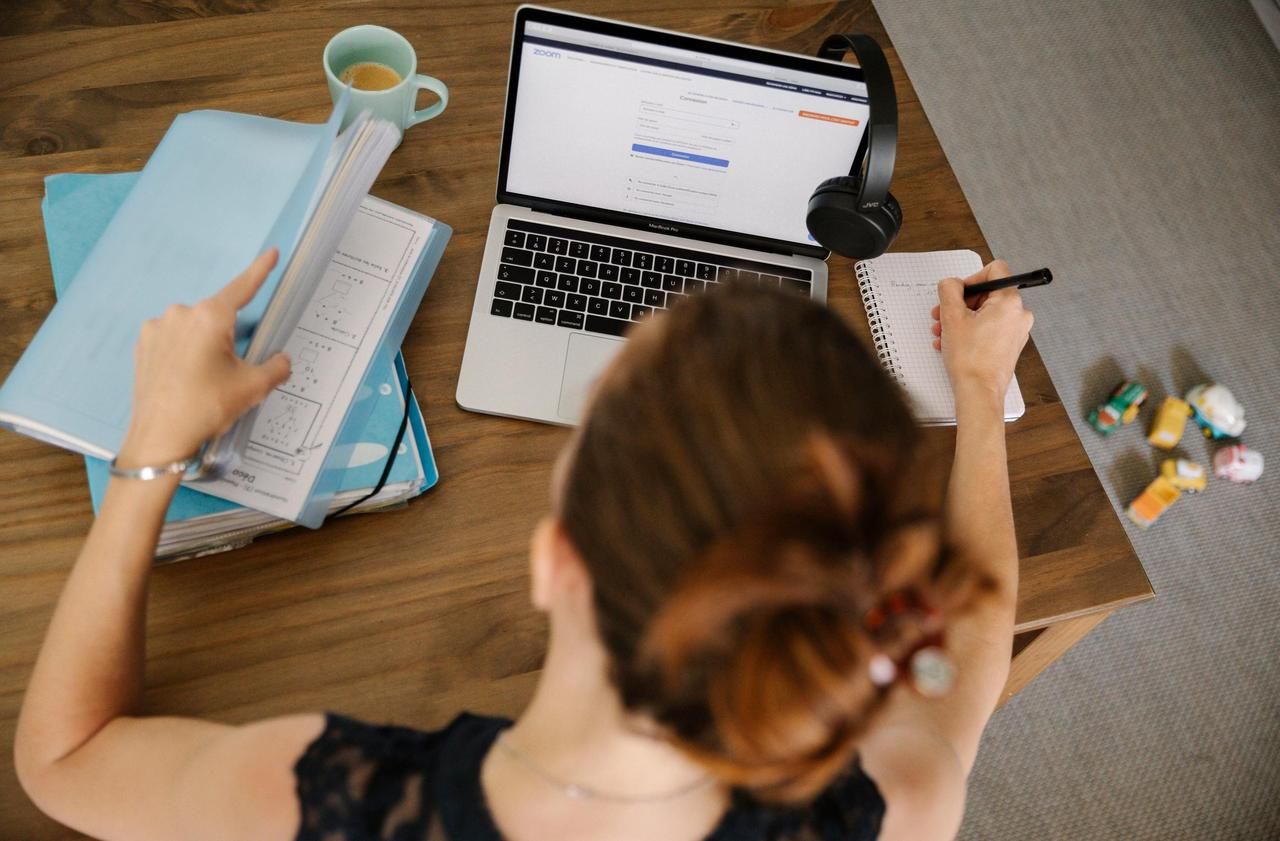The Covid crisis has consequences for the balance and well-being of all employees.
However, teleworking, by blurring the lines between domestic and professional life, hits women even harder.
This is shown by a study by the Boston Consulting Group (BCG) carried out at the beginning of the year with 2002 French employees working in offices (1001 men and 1001 women in the private and public sector) and revealed this Friday morning.
Conducted with the Ipsos polling institute, it discusses the impact of the pandemic on professional trajectories and gender equality at work.
According to this survey, the current period worsens an already unbalanced situation in the domestic sphere.
"Since the start of the crisis, women have said they spend more time doing domestic chores and getting more involved in their children's school work," say the two co-authors of the study Jessica Apotheker, associate director of BCG and Gwenhaël Le Boulay, senior associate director.
In turn, they are more isolated than men by staying at home and have, in fact, "less successful in terms of professional interactions during the crisis," notes the study.
1.5 times more likely to be interrupted by children
“Women currently feel more than men about not having enough time,” they continue.
Compared to them, they are 1.3 times less likely to have an isolated space when they telework from their home and are 1.5 times more likely to be frequently interrupted by children.
In short, "their work is degraded", underline the two co-authors.
Despite this, women continue to feel more guilty: they are 1.4 times more likely than these men to feel that they are not available enough for their children.
This difficult reconciliation weighs on their mental health: they are 1.3 times more likely to be in a situation of anxiety.
Hence a risk of hindering their professional “return to normal”: 60% of women who have reduced their hours fear a return to the hours before the crisis (against 40% of men).
What are the avenues, then, to reduce this state of stress and anxiety?
The co-authors of the study advocate specific “support measures” and “coaching”.
They ensure that there should not be "a generation of women who drop out".
"It is necessary that managers take into account the additional stress that can be felt by women and allow them to reassure themselves", underline the co-authors of the study.
"In this troubled period, for example, they can contact them, address them specifically," says Jessika Apotheker.









